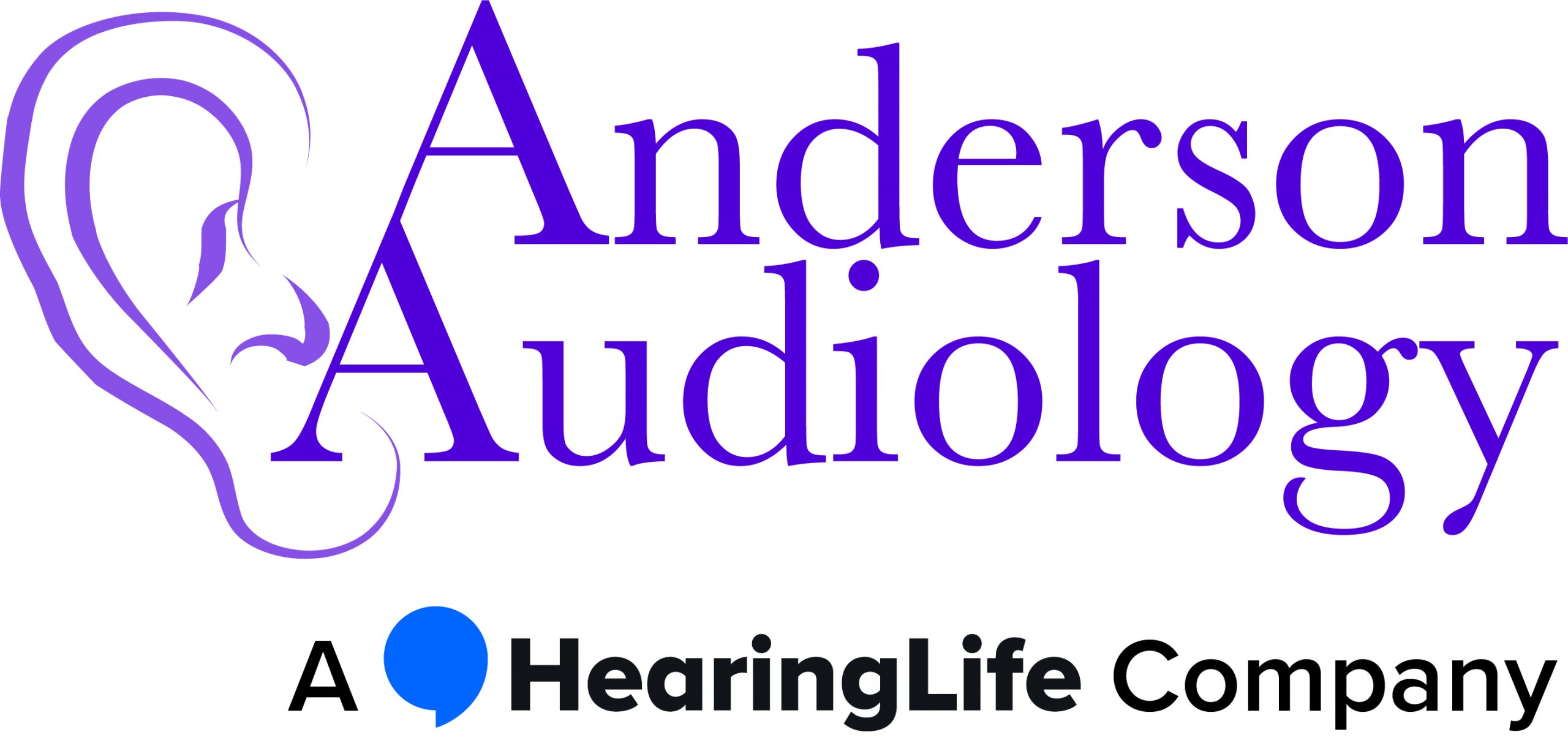What is Rhinogenic Deafness?
Rhinogenic deafness is a term not commonly found in everyday conversation. However, understanding its implications is crucial for those who seek a holistic approach to hearing health.
Stemming from nasal or sinus-related issues, rhinogenic deafness requires attention and proper care. This page explores its intricacies and offers further information for those looking to delve deeper.
Breaking Down Rhinogenic Deafness
Derived from the word ‘rhino,’ which refers to the nose, rhinogenic deafness is a hearing impairment resulting from nasal or sinus conditions that affect the Eustachian tube function, leading to middle ear problems.
Root Causes of Rhinogenic Deafness
Causes of rhinogenic deafness include:
- Chronic Sinusitis: Persistent inflammation of the sinuses can impact the Eustachian tube, causing fluid build-up in the middle ear.
- Nasal Polyps: These benign growths in the nasal passages can obstruct the Eustachian tube, affecting middle ear ventilation.
- Allergies: Severe allergic reactions can lead to Eustachian tube dysfunction, subsequently affecting hearing.
- Deviated Septum: An uneven nasal septum can impact airflow, contributing to Eustachian tube problems.
Symptoms of Rhinogenic Deafness
Common symptoms of rhinogenic deafness include:
- Muffled Hearing: Often the most noticeable symptom, it feels like there’s a barrier between sounds and the ear.
- Ear Fullness or Pressure: This sensation can resemble the feeling experienced during altitude changes on a flight.
- Tinnitus: A ringing or buzzing sound in the ears can also be a potential symptom.
Prevention and Treatment
The key to effectively managing rhinogenic deafness lies in both prevention and timely treatment. To prevent the onset of this nasal-induced hearing condition, it’s essential to maintain optimal nasal and sinus health through regular check-ups, avoiding known allergens, and practicing good nasal hygiene.
When symptoms emerge, treatment options vary based on the root cause. Nasal decongestants and steroidal nasal sprays can alleviate symptoms and address underlying inflammation. For chronic conditions like persistent sinusitis, nasal polyps, or a significant deviated septum, surgical intervention may be recommended. Engaging with an otolaryngologist (ENT specialist) can provide personalized guidance tailored to individual needs.
Consult the Hearing Specialists at Anderson Audiology!
Rhinogenic deafness, while stemming from nasal or sinus issues, has a profound impact on one’s auditory health. Recognizing its symptoms and understanding its root causes is the first step to addressing and managing this condition.
At Anderson Audiology, we are here to help you with your hearing needs. Schedule an appointment today with one of our hearing professionals at one of our five convenient audiology clinic locations in southern Nevada.
